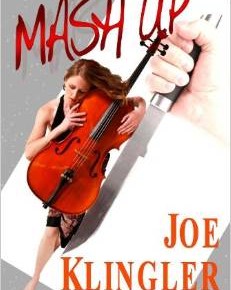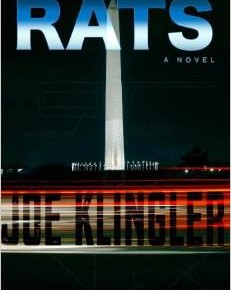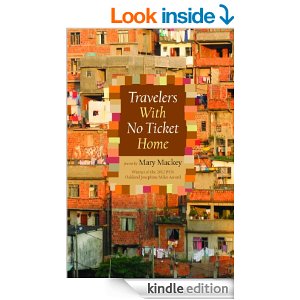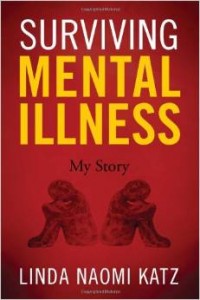- Joe Klingler’s Mash Up
- Joe Klingler’s RATS
Novelist and software developer Joe Klingler, in conversation with Synchronized Chaos Magazine:
What makes RATS and Mash Up unique? Why should someone read them when there are so many sci-fi and thriller books out there?
Writers essentially have a sort of living fingerprint that they bring to their work based on their personal experiences, insights and attitudes constructed over years of seeing the world from their unique perspective. This they share with us when putting pen to paper.
My own work tends to be layered; not because I plan it that way, but because I see life to be interconnected in that way. In Lean Manufacturing (sometimes called The Toyota Way) there is the Five Whys that require asking Why five times in order to reach the root cause of a problem. The Whys is one method for digging down through those layers of interconnectedness.
For example, in RATS Claire Ferreti is a young sniper trying to do her job. When her mission goes sideways, she is faced not only with the physical challenge of staying alive, but also with challenges to her core beliefs. At the same time, her prey is on his own mission based on events that took place decades ago, and his personal conclusions about what needs to be done about them. Fine so far. But these two exist in a world of RATS (multiple kinds, but none with four legs), where a hawk versus dove political battle rages for the Presidency, with the 600 billion-dollar United States defense budget at stake, while a young boy’s curiosity pulls him into this larger world. While following the action and wondering what will become of Claire, a reader who is interested in such things might think to themselves: this isn’t about the past, it’s describing a possible future—this could really happen. So RATS can be read, and I hope enjoyed, on several levels.
Mash Up has at least as many layers, though the players are college music students, Silicon Valley executives who think greed is a sacrament, software engineers, YouTube, and computer viruses in a world that shifts between cyber and physical reality. There is a horrible crime, its aftermath, a new crime, and two detectives: Qigiq (the Alaskan detective from RATS) and his new partner Kandy Dreeson (who strikes fast and takes no prisoners) on their first case together trying to sort it all out.





